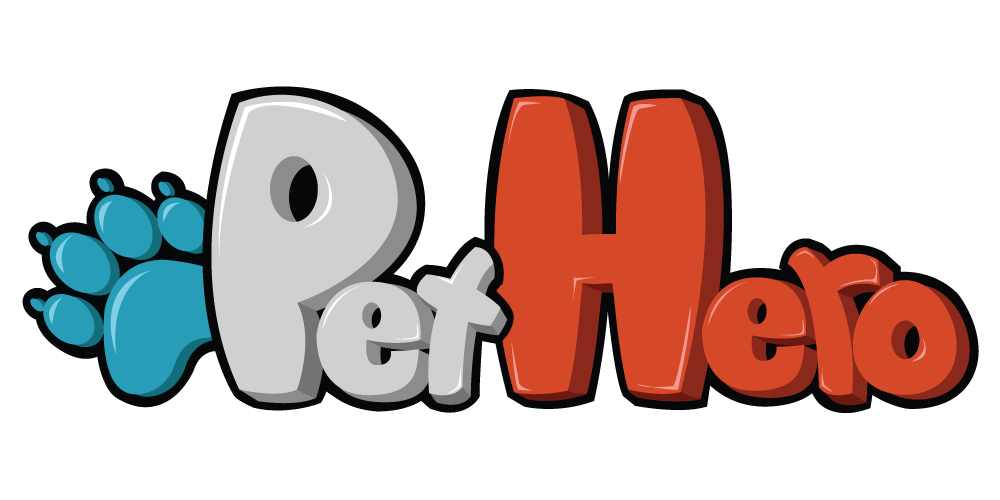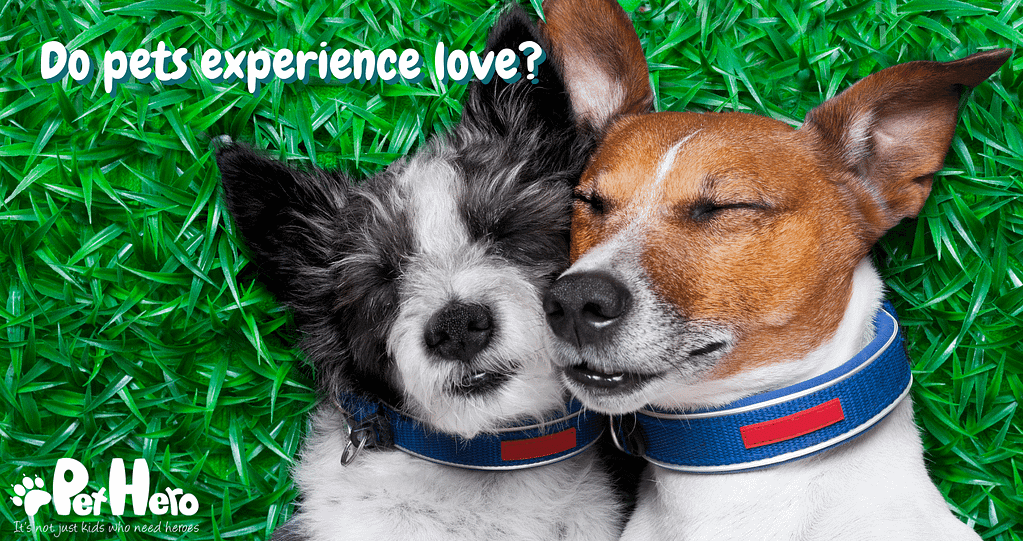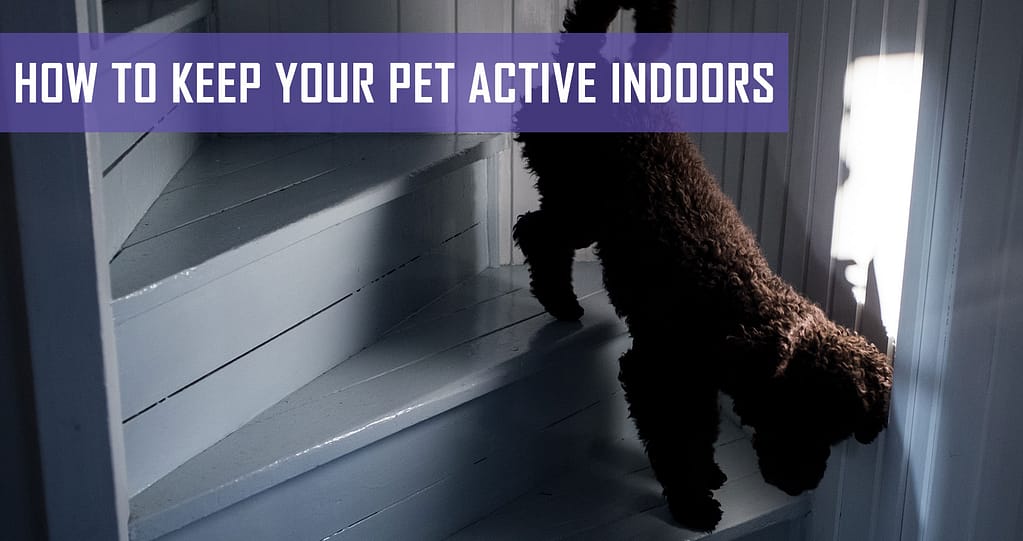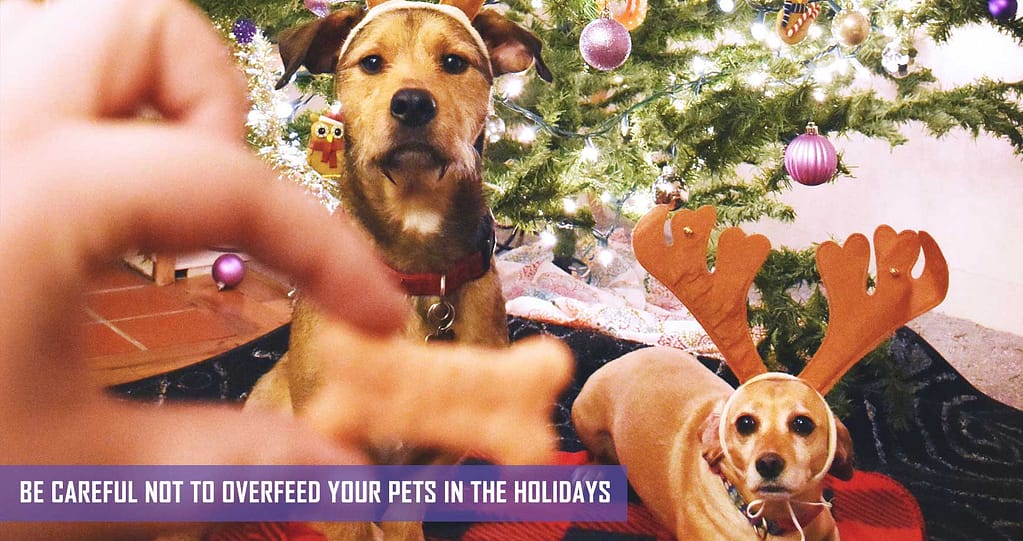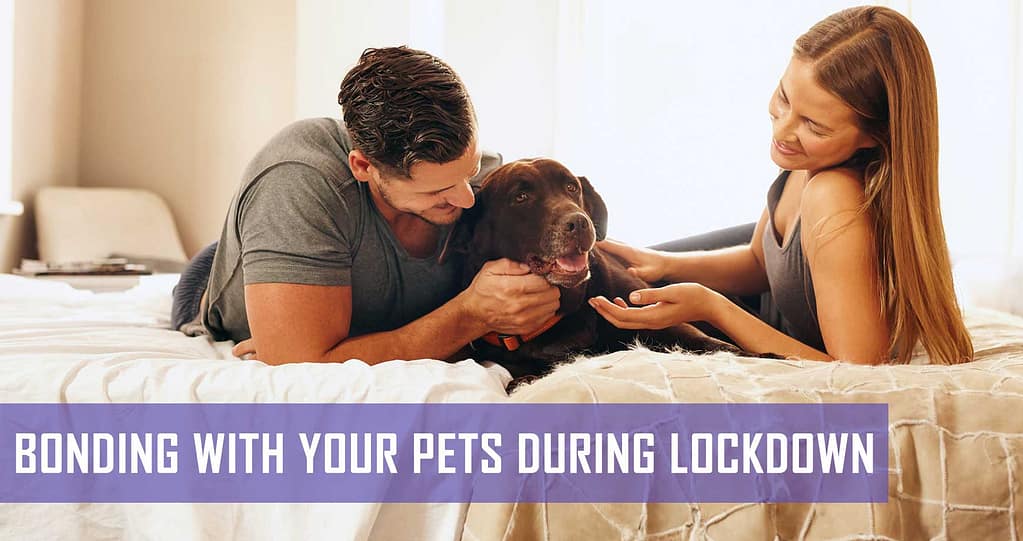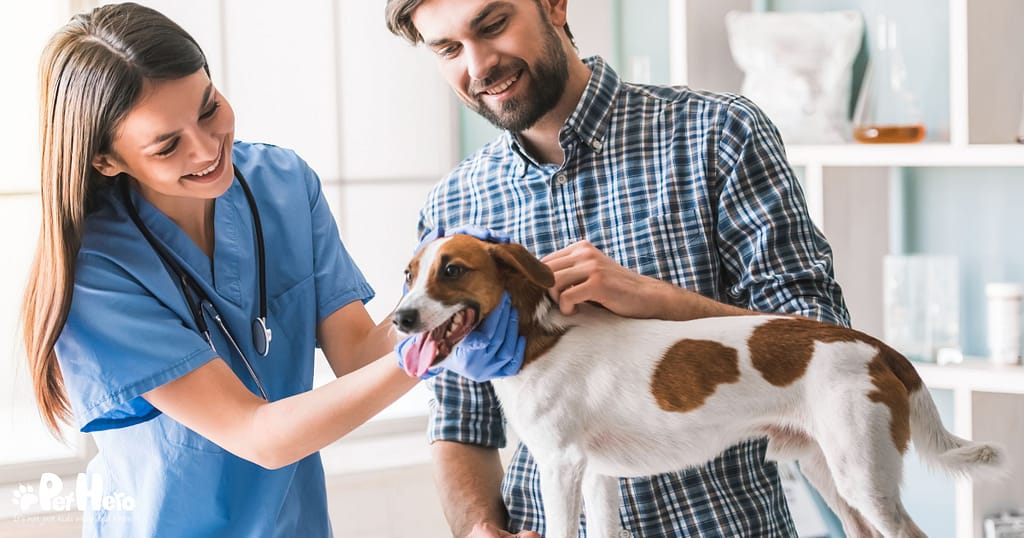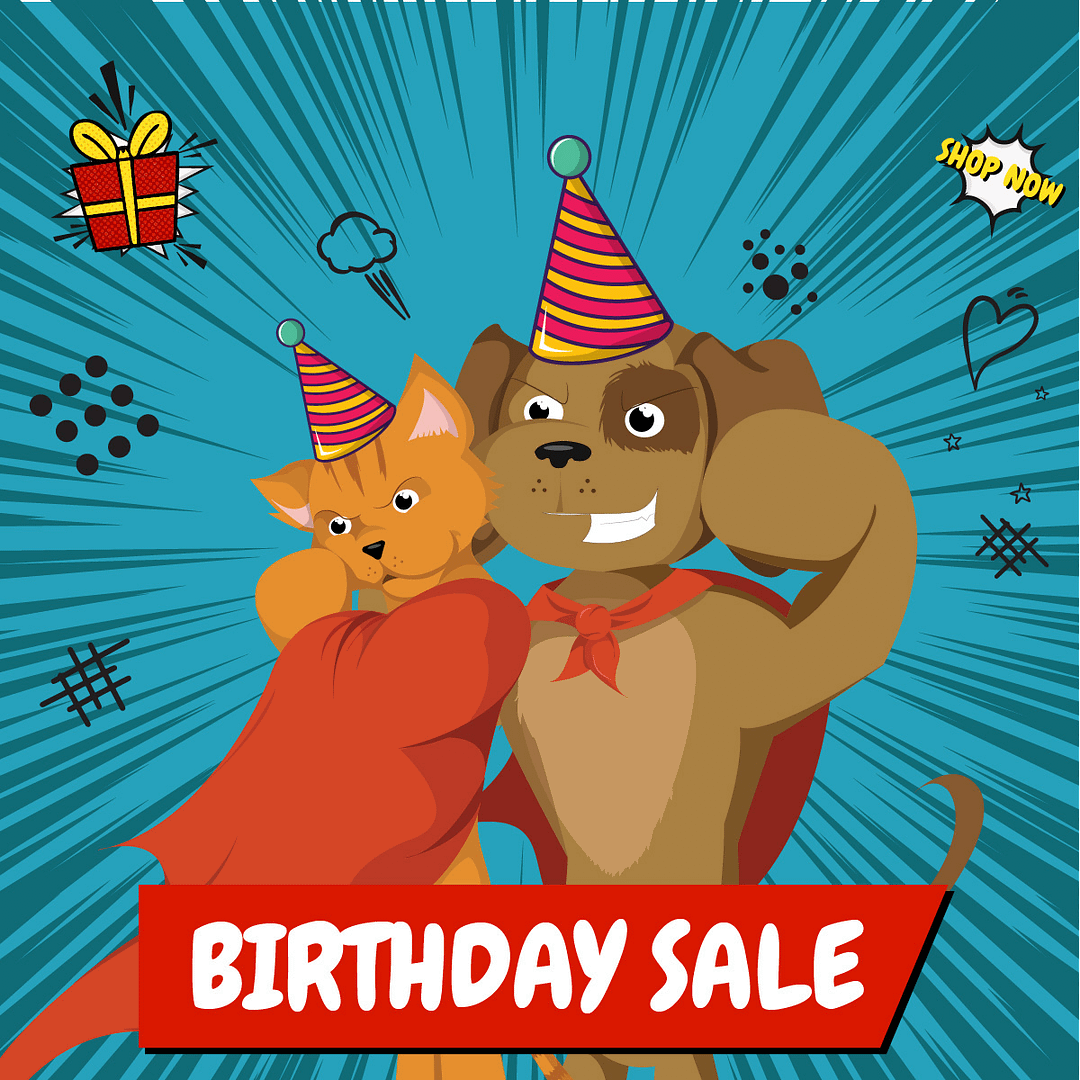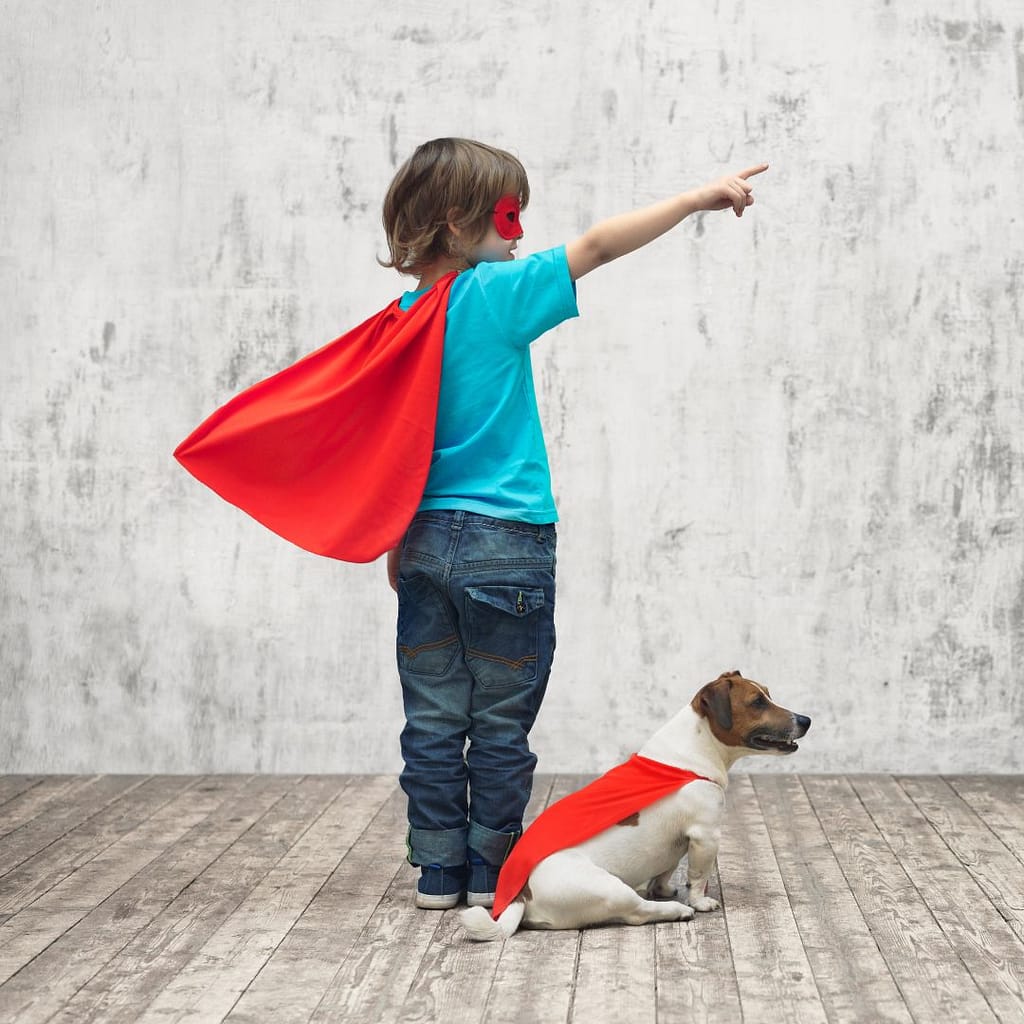As a pet hero, you obviously have no doubt that your pets experience love… especially towards you! I mean, who else feeds and cares for them – of course they love you! However, people are often guilty of attributing human emotions to animal behaviour when that behaviour may just be instinctual rather than emotional. To find the definitive answer on whether pets experience love, we turned to science…
How do animals experience love?
There are many chemicals that control how and what we feel. One of the most powerful chemicals is the ‘love hormone’, oxytocin. Oxytocin is also called the attachment hormone and is most prevalent during childbirth. Its role is to relieve the pain of childbirth, but also to cement the mother-to-child bond and ensure the survival of the species.
Oxytocin is also released in the body when we connect with others – intimately, platonically and in interspecies friendships, as in: when we bond with our pets. So, do animals experience love? A 2015 study by several universities in Japan concluded that when dogs and their owners gazed at each other, not only did their oxytocin levels increase, but the duration of the gaze determined how high their oxytocin levels rose. The control study had wolves and the humans who raised them gaze at each other, with very little by way of the love hormone to show for it. In conclusion, domestication is thought to be responsible for dogs’ ability to connect and bond with humans, the effect of which is mutually beneficial: we love our pets and they love us and it’s enough to ensure our mutual survival.
By the by – not entirely uncharacteristic of felines – cats in research situations displayed a more complex show of love towards their humans than dogs did. Also, their oxytocin levels didn’t rise as much as dogs’, but cat owners can probably testify to this being pretty normal of cats. You know your cat loves you and that’s all that matters.
Do pets know we love them?
Dogs’ brains have a similar structure to the human brain and they also experience the same hormonal influences on their emotions that we do. Yes, they love, they get angry, they experience fear, they experience joy and happiness, but their range of emotions is rather limited compared to humans’. According to Dr Stanley Coren (professor, psychologist, scientist and animal behaviourist) a six-month-old dog has the emotional capacity of a two-and-a-half-year-old child, but that’s where it stops. Dogs don’t go on to develop more complex emotions such as guilt, envy or shame – the reaction you see when you’re holding up a chewed slipper and pointing at them is simply fear. Your dog doesn’t know that he’s done something wrong (guilt or shame) – all he knows is that your scary anger is directed at him and he’s afraid of potential punishment. And envy? Dr Coren believes (through experimentation) that dogs have an innate sense of fairness (Buddy wants the same number of treats that Dexter is receiving because fair’s fair), but shows of what we perceive to be envy or jealousy are more about resource guarding and maintaining the social hierarchy than about coveting.
But love is a complex emotion, isn’t it? Not really. Chemically, when you’re around someone you love and who loves you back, you feel warm and fuzzy, safe and at ease. You just want to be around them because their presence makes you feel good. Does that feel familiar? Look at your Good Boy right now. His tail’s wagging, right? And you have the biggest smile on your face? Yes – you definitely love each other.
Do dogs and cats love each other?
There is plenty of anecdotal evidence of dogs that form strong bonds with other dogs, dogs and cats that bond, and cats who bond with other cats. These bonds may form during the important stages of early socialisation. the pets recognise a kindred spirit, have a good experience together, and just like that, they’re best buds for life. Once again, oxytocin is the culprit when these bonds are formed, and when the pets are separated, they miss their beloved, pine for them to return and show distress at their absence.
Unexpected interspecies relationships (cat and bird; dog and rat; rabbit and cat – there are many examples) are formed on the same principle: oxytocin makes them feel good when they’re together, so they exhibit behaviour that perpetuates the release of oxytocin.
In conclusion, yes, our pets experience love. While it may take science to prove it, you just have to look at your furry or purry friend and identify your feelings in order to believe it!
